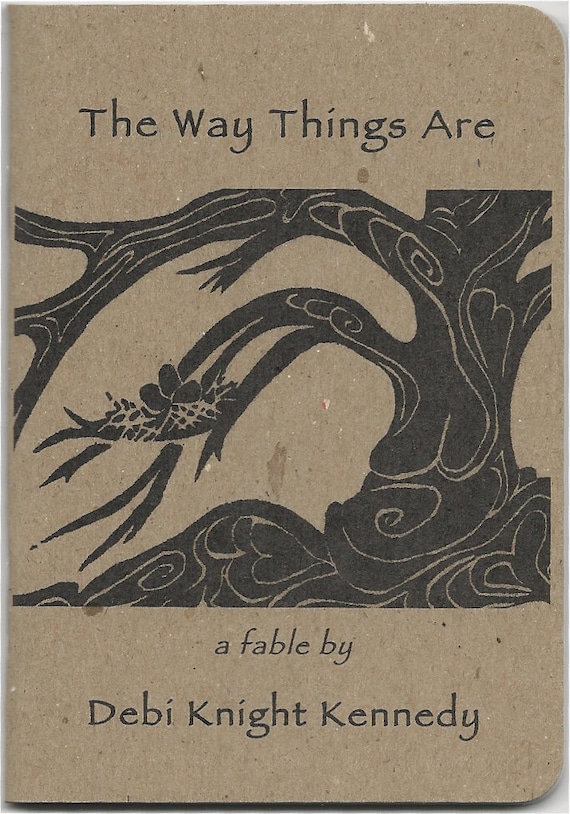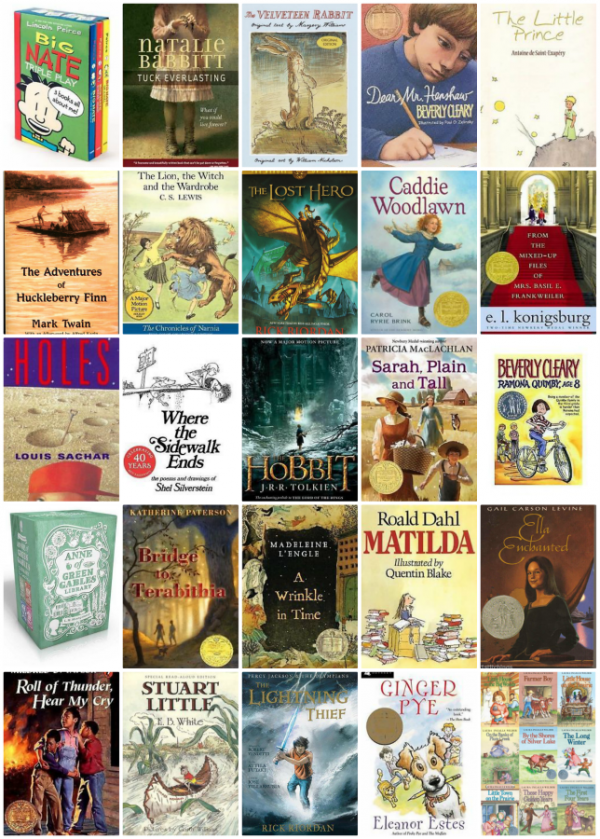

John and Henry must decide whether to go on, risking social ostracism and imprisonment, or to give up the project for their own safety and the safety of the people they love. Shortly before the book is to be published, Oscar Wilde is arrested. John and Catherine have three grown daughters and a long, settled marriage, over the course of which Catherine has tried to accept her husband’s sexuality and her own role in life Henry and Edith’s marriage is intended to be a revolution in itself, an intellectual partnership that dismantles the traditional understanding of what matrimony means. Though they have never met, John and Henry both live in London with their wives, Catherine and Edith, and in each marriage there is a third party: John has a lover, a working class man named Frank, and Edith spends almost as much time with her friend Angelica as she does with Henry.


In the summer of 1894, John Addington and Henry Ellis begin writing a book arguing that what they call “inversion,” or homosexuality, is a natural, harmless variation of human sexuality. In this powerful, visceral novel about love, sex, and the struggle for a better world, two men collaborate on a book in defense of homosexuality, then a crime-risking their old lives in the process. The milky light of a winter afternoon, mist on a river, a woman opening an oven door, a child taking her father’s hand: We see these things and feel their lingering presence as we are drawn into the life of an unassuming man in an unremarkable place.A brilliant and captivating debut, in the tradition of Alan Hollinghurst and Colm Tóibín, about two marriages, two forbidden love affairs, and the passionate search for social and sexual freedom in late 19th-century London. Details materialize with preternatural clarity. Yet this exquisite miniature of a novel somehow defies the gravitational pull of its grim subject to hover in a quotidian, luminous present. Keegan dedicates her slim volume “to the women and children who suffered time” in these hellholes (the last closed only in 1996), and the convent forms the dark core of her narrative. For this institution, run by the Good Shepherd nuns, is one of the many Magdalene laundries in which tens of thousands of unmarried mothers and otherwise inconvenient young women were confined (with the consent of their families) to be punished as sinners and exploited as unpaid labor. Keegan writes, “with black, wide-open gates and a host of tall, shining windows, facing the town.” Plainly described, the edifice nonetheless emanates dread. “The convent was a powerful-looking place on the hill at the far side of the river,” Ms.


 0 kommentar(er)
0 kommentar(er)
